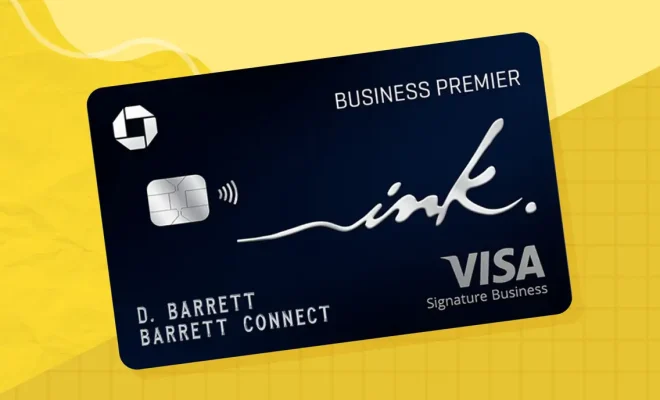What Is a Secured Loan?

A secured loan is a type of loan that requires the borrower to provide collateral as security for the repayment of the debt. This collateral can be in the form of assets such as real estate, vehicles, or personal property like jewelry. The lender holds the legal claim to these assets until the debt is repaid in full. If the borrower fails to meet their repayment obligations, the lender may exercise their legal right to seize and sell the collateral to recover their losses.
Benefits of Secured Loans
There are several advantages to opting for a secured loan, including:
1. Lower Interest Rates: Compared to unsecured loans, secured loans tend to have lower interest rates. This is because the risks for lenders are significantly reduced when there is collateral available as a backup for loan repayment.
2. Higher Borrowing Limits: As lenders face lesser risk with secured loans, they are more likely to grant higher borrowing limits compared to unsecured loans, which can assist borrowers with substantial financial needs.
3. Longer Repayment Terms: Secured loans often have longer repayment terms than their unsecured counterparts, providing borrowers with more time to repay their debts.
4. Improved Credit Scores: When a borrower makes timely payments on a secured loan, it can lead to an improvement in their credit score, which consequently enhances future loan prospects.
Types of Secured Loans
There are various types of secured loans available in the market; some common ones include:
1. Mortgage Loans: A mortgage loan involves borrowing money to purchase real estate by providing the purchased property as collateral.
2. Auto Loans: In this scenario, borrowers use their vehicles as collateral while receiving funds required to buy or refinance said vehicle.
3. Home Equity Loans: Homeowners can borrow against the equity built up in their homes and use it as collateral for a loan.
4. Pawn Shop Loans: Borrowers can provide personal items such as jewelry or electronics as collateral to secure a short-term loan from a pawn shop.
Risks Associated with Secured Loans
While secured loans offer several benefits, borrowers must be aware of potential risks:
1. Loss of Collateral: Defaulting on a secured loan could result in the loss of the provided collateral.
2. Negative Credit Impact: Failing to repay a secured loan can further damage the borrower’s credit score and make it difficult to obtain future credit.
3. High Borrowing Limits: While high borrowing limits can seem attractive, it may lead to an increased likelihood of becoming overly indebted.
In conclusion, a secured loan is an option for borrowers seeking to fulfill significant financial needs by providing collateral as security. As with any form of credit, it’s essential for borrowers to thoroughly evaluate their ability to repay the loan, understand the risks associated, and establish clear repayment plans before entering into a secured loan agreement.



